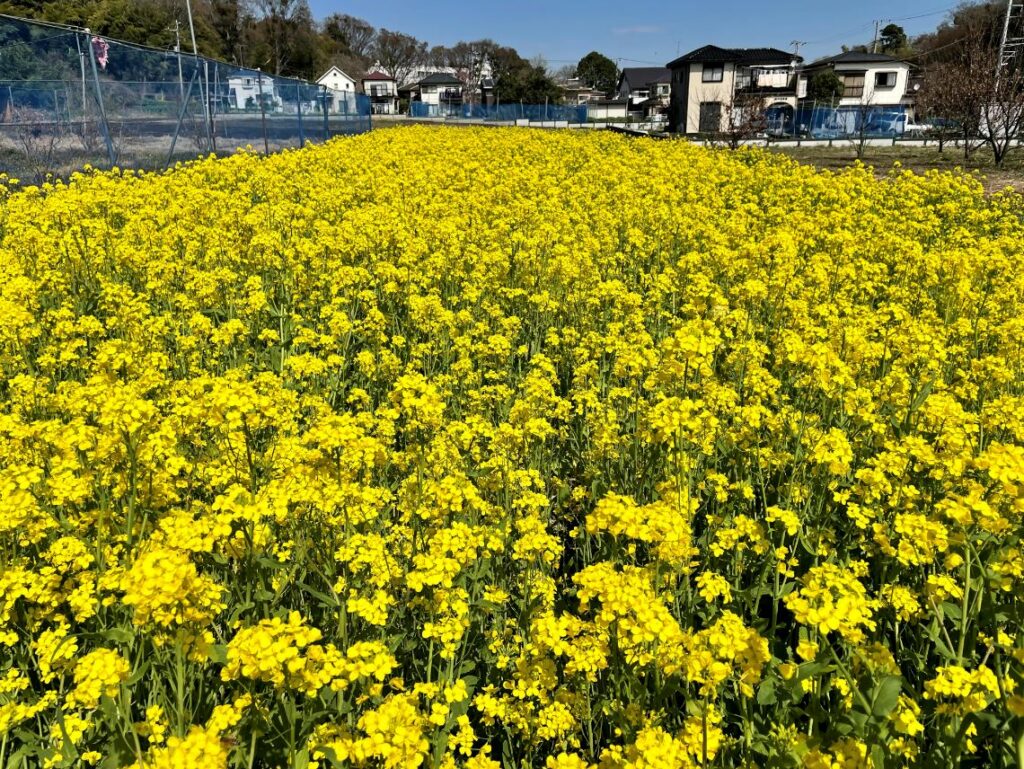Told by her father, Hideki
April 2, 2021, is Melissa’s 4th year memorial.
This is our story.
When Melissa set out on her drive to Kelowna from Vancouver, the weather was beautiful. She had checked the route prior, but the weather suddenly changed just before Merritt. Her car slipped and stopped in the center ditch, and she called 911 for help getting out. Her family in Japan—father, mother, and younger sister—at that moment were planning the celebration of her big day, graduating from UBC Okanagan, just a matter of weeks away.
Melissa was born on July 21, 1995, and then her sister Eleanor was born on June 21, 1998. Melissa was a very sweet and caring sister to Eleanor.
My wife Hiroko used to teach gymnastics at international schools in Yokohama and Tokyo, so we decided to send our daughters to one of the international schools in Yokohama, Saint Maur International School, from kindergarten onward. When Melissa got older, she really wanted to study abroad so when she was in Grade 11, we sent her to St. Margaret’s School, a high school in Victoria, British Columbia. She enjoyed her life in Canada and made many friends. After she graduated from St. Margaret’s, she moved to Kelowna to attend the University of British Columbia – Okanagan.
She worked hard and four years passed by, but just before her graduation on June 8, 2017, her life was ended by a careless driver.
I really feel sorry for her losing all the opportunities of a fulfilled life: happiness, marriage, becoming a mother, etc. It also took away our dream of celebrating all those life’s important occasions and just normal, happy family life.
After becoming a father, I had already been supporting bereaved parents here in Japan to avoid any tragedy. I got involved with traffic accident prevention groups, including Japan Traffic Accident Bereaved Family Association and supported getting petitions to change our traffic laws and attended trials to give good pressure for judges who fall asleep during trials sometimes. Some of them think they should just follow previous cases. We succeeded in changing our laws and reduced the tragedies drastically, but that was only in Japan, and I never imagined that this situation could happen to our family… As our girls grew up, I thought they could protect themselves. That was my biggest mistake and I really regret that I was not warning them enough.
Melissa immediately called her boyfriend and 911. Her car was not blocking traffic. Very unfortunately, there was a Jeep that came from behind, and the driver decided to overtake a trailer in downhill just before the right curve, not sure if he knew or could see which way the road was going, in sudden bad weather. It’s really inappropriate to do it at that time. Melissa’s car was in the ditch facing the main lane but there was some distance, about 1.5–2.0 meters, to the main lane, so if the 66-year-old man was driving at an appropriate speed for that weather, Melissa would be with us still. But he slipped, he said, and hit her car. Unfortunately, Melissa was outside of her vehicle at the time, likely trying to maintain a cell phone signal, and she was struck by her own car. The back of her head and neck were hit hard, and she died instantly, according to the off-duty rescue worker who happened to drive on the other side and had stopped and tried to help her.
I received a phone call from the Consulate General of Japan in Vancouver to let us know that Melissa died instantly by an “accident.” My wife Hiroko, our younger daughter Eleanor, and I immediately prepared to travel to BC, and we saw the beautiful cherry blossoms in Vancouver and Kelowna, where she lived her last four years.
We were so happy until that moment, since I had married my wife Hiroko in 1993 and had two wonderful children. We had invested a lot for their future happiness.
Then we heard about the wrongful death laws in British Columbia.
The man who caused Melissa’s death only got a $1,500 fine. This is unbelievable and not acceptable. His mistake changed everything in our lives. It’s like we’ve got life sentences of having miserable lives while he doesn’t have to do much. We invested so much in Melissa’s life; her growth, development, and international education. She spoke Japanese, English, and Spanish fluently. She was ready to start her bright future. Why there’s no value for her, or compensation for damages, I’ll never understand—lost opportunity, happiness, all life’s great experiences together…
We travelled to Kelowna to bring her back in April 2017, then I went back to Kelowna to attend her graduation on her behalf in June, and went back again to attend the World Day of Remembrance for Road Traffic Victims and the One Crash is Too Many event in November 2017, 2018, and 2019. Can you imagine getting off a plane where Melissa is no longer waiting for me… It’s also so hard to fly over the Merritt area when I travel between Vancouver and Kelowna.
I’ve also visited the mayors of Merritt on my trips and promised to do something to prevent any more tragedy and asked them to work harder to prevent road crashes. If compensation for damages was available under the law, we’d like to donate some electric speed limit signs with which the RCMP can control the speed limit due to weather and road conditions. There are so many things that can be done for prevention. Many of the things that we’ve learned in Japan for road safety could be applied in British Columbia. They should close the infamous Coquihalla Highway when the weather becomes dangerous, not after something has already happened. Life is much more important and valuable than convenience.
I’d like to have some information from other families about what we should do too. But I also want to prevent any more tragedy in BC, the Merritt area, the Coquihalla Highway, and for UBCO students. I’ve visited mayor Linda Brown of Merritt and explained what happened, that I’d like to do something to prevent any more tragedy in their area.
We can’t understand why people in BC are leaving alone these very old laws of no respect to the young students and retired people. In Japan, we all have highly valued lives and once it is taken, even by mistake, the assaulter gets heavy punishments, suspension or cancellation of their driver’s license, sent to jail in some cases, heavy fines, required to pay high compensation for damages, etc. Of course, we have insurance, mandatory and voluntary, and most people buy both to avoid debt.
There should be some system like ours to be at least fairer to the victims and bereaved families. Stricter laws and penalties will make people be more careful. That’s how we’ve succeeded in Japan and reduced the number of deaths and injuries caused by road crashes. Maybe that’s the only way to prevent any more tragedy. We’d like to ask the people of British Columbia to become more serious about making this necessary change before they become like our family. We can never go back to a happy family anymore and no day passes without tears until the last day of our lives.
Melissa was our 11th generation and going to take over our family farm and properties, so she was willing to start studying law. At our farm, we grew potatoes and some other vegetables, but I gave up farming and now sow seeds of flowers to send a message to Melissa.
Media Coverage
Global News: Father of crash victim says B.C. isn’t doing enough to make roads safe
Global News: Driver behind fatal 2017 Coquihalla crash that killed UBCO student receives $1,500 fine
Castanet Kelowna: $1,500 fine in fatal crash
Castanet Kelowna: To lose a child is too hard
Merritt Herald: Driver charged $1,500 for fatal Coquihalla crash near Merritt
Surrey Now Leader: Man accused of causing fatal car crash on Coquihalla expected to plead guilty
Global News: Kelowna holds National Day of Remembrance event







 ‘In Their Name’ is the campaign of ‘The BC Wrongful Death Law Reform Society’ – a BC registered non-profit organization comprised of volunteer families who have lost a loved one to wrongful death in BC and were denied access to justice. In response to the biggest human rights issue facing the province today, our goal is to modernize British Columbia’s antiquated wrongful death legislation, which predates confederation (1846). Under current legislation, the value of a human life is measured only by the deceased’s future lost income, so long as they had dependents.
‘In Their Name’ is the campaign of ‘The BC Wrongful Death Law Reform Society’ – a BC registered non-profit organization comprised of volunteer families who have lost a loved one to wrongful death in BC and were denied access to justice. In response to the biggest human rights issue facing the province today, our goal is to modernize British Columbia’s antiquated wrongful death legislation, which predates confederation (1846). Under current legislation, the value of a human life is measured only by the deceased’s future lost income, so long as they had dependents.